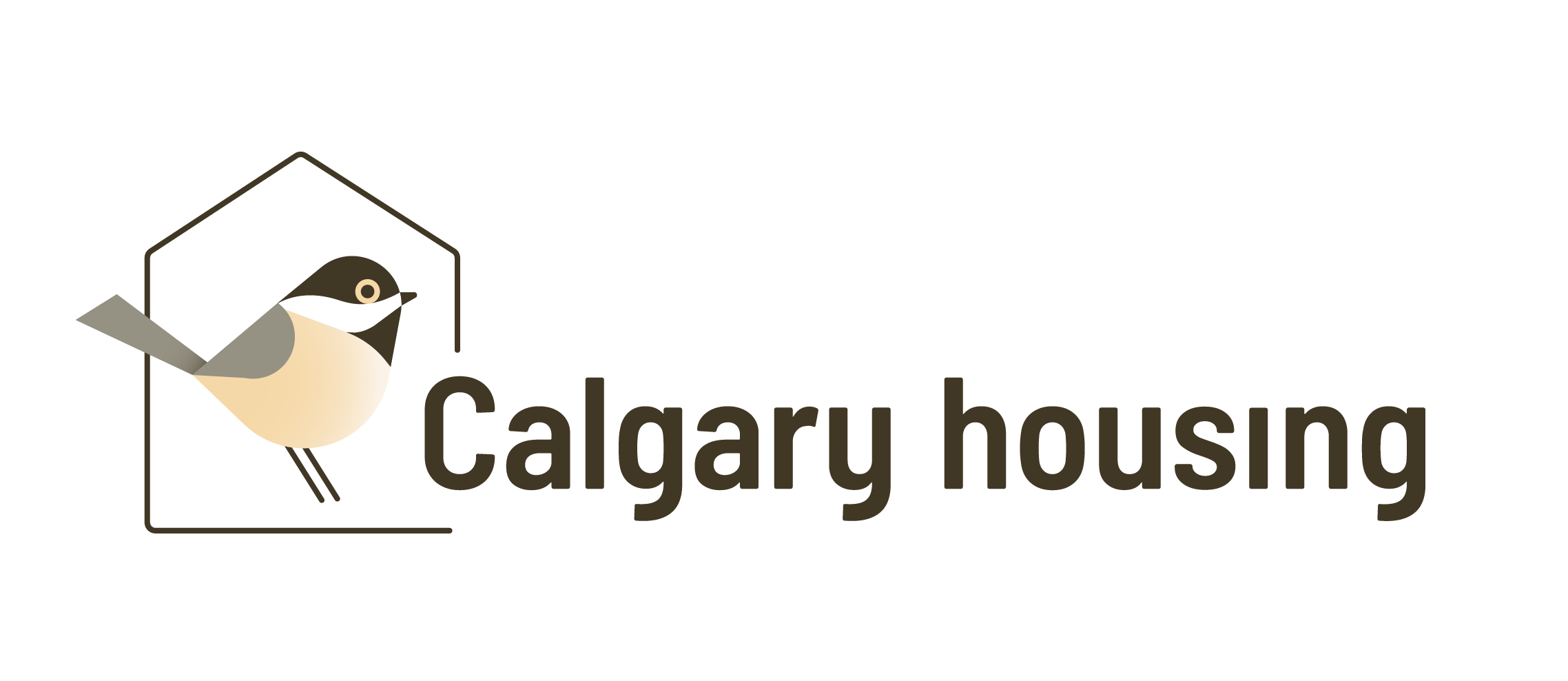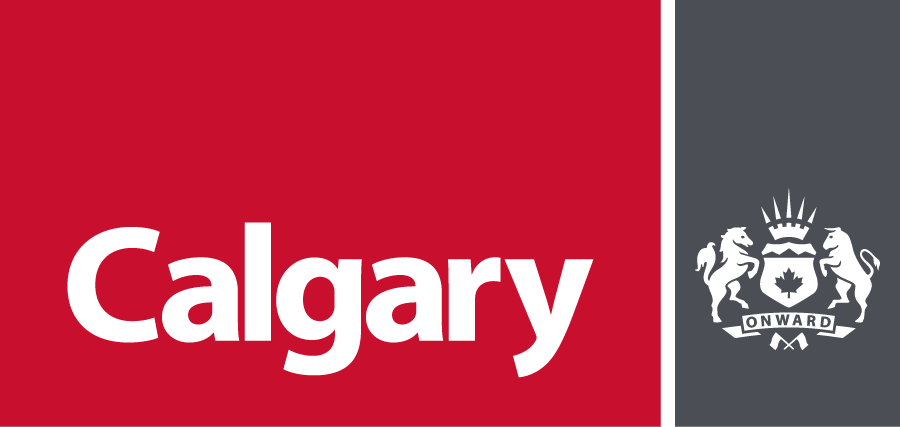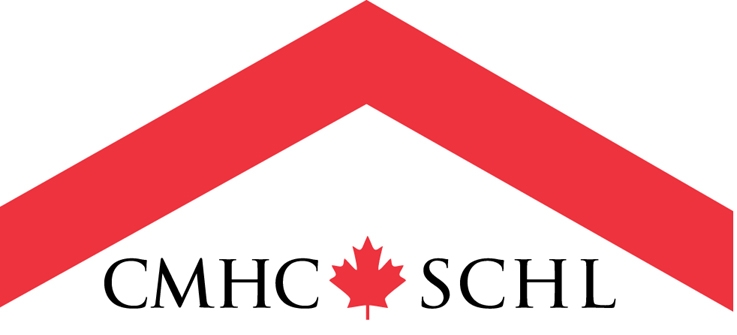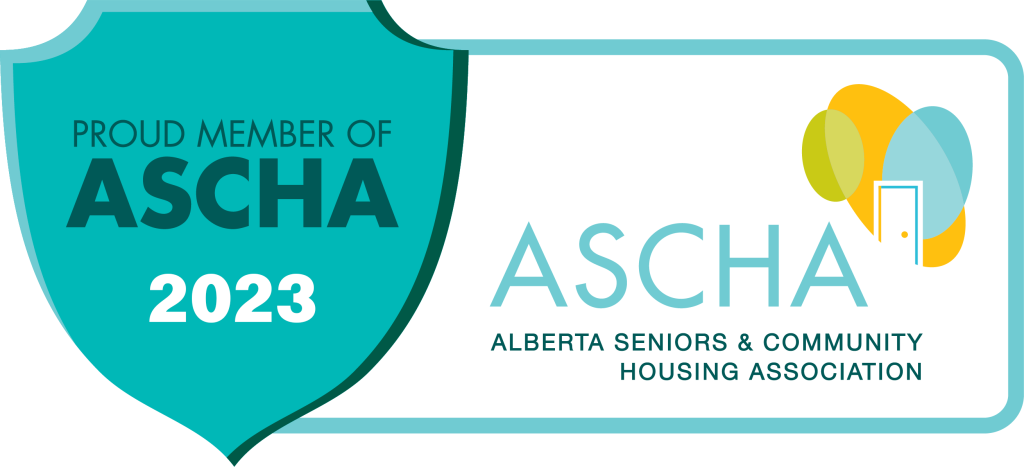Eviction Prevention Efforts Keep CHC Tenants in Their Homes
Tenants in more than 480 households who recently received late payment or rent arrears notices have successfully addressed rental arrears issues. The tenants have entered payment arrangements, paid their outstanding balances or are working with CHC to address rent arrears and payment plans going forward.
“It is clear that many people in our community are struggling,” says CHC President Sarah Woodgate. “We are pleased at how our tenants and staff have worked together to make sure families stay housed and avoid falling further behind.”
In August, 508 households received notices of late payment or outstanding arrears. Of those, 481 have worked with CHC on a go-forward plan, 17 have moved out and 10 have gone forward to enforcement. For those in enforcement, the opportunity to make payment arrangements is still available.
For many years, CHC has had eviction prevention practices in place to provide options and support for our tenants struggling to pay rent. This year, those practices were formalized in the Eviction Prevention Policy and Procedure which has been crucial in responding to the challenges of COVID-19 and the economic downturn.
A focus of this approach is to help tenants avoid falling behind and creating arrears they may not be able to address.
“Once they fall a few months behind, it can become almost impossible for tenants to catch up – they can end up in a hole they can’t get out of,” says Housing Services Manager Greg Wilkes. “We alert our tenants and work with them as soon as possible so that doesn’t happen. That’s what the August notices were for.”
In August, 508 households received notices of late payment or outstanding arrears. Of those, 481 have worked with CHC on a go-forward plan, 17 have moved out and 10 have gone forward to enforcement.
One way CHC stays in touch is with wellness checks. CHC staff have done thousands of wellness calls in recent months – contacting families and individuals to inquire about challenges they are facing and, when possible, connecting them with services and resources.
CHC has been able to help families and individuals with applications for federal COVID income supports, to connect with food supports and other basic needs supports. These supports have been described as critical for people who are struggling to make ends meet.
CHC is a non-profit organization operating just over 7,000 housing units offering for low and moderate income Calgarians who are not well served by the regular market. These affordable homes are offered through several different programs that range from deep subsidy to near-market rental options.
Almost 25,000 Calgarians including over 10,000 children, live in a CHC-managed home.
“If tenants are struggling to pay rent, they should contact us to discuss the options and supports available to help them manage their situation. We want our tenants to be successful – we want them to stay housed and we have tools to help.”
CHC President Sarah Woodgate
Calgary Housing Company’s first priority is to provide housing options for low and moderate income Calgarians struggling to find affordable housing in the regular market.
CHC depends on rental income to manage the operations and rental units. Unfortunately, challenges posed by COVID-19 and the state of the local economy have led to a significant increase in rental arrears and late payment of rent. August saw a doubling of late rental payment notices and an increase to rental arrears of 40 per cent.
“People are struggling,” says Wilkes. “We are walking the balance of helping people to stay in their homes while we also manage our business to keep providing those homes.”
“If tenants are struggling to pay rent, they should contact us to discuss the options and supports available to help them manage their situation,” says CHC President Woodgate. “We want our tenants to be successful – we want them to stay housed and we have tools to help.”
CHC’s Eviction Prevention Program includes:
- Interest free/penalty free payment plans to recover missed rent
- Connections to resources – financial assistance (i.e. Canadian Emergency Response Benefit – CERB), enhanced on site food programs to support food insecurity, etc.
- Wellness check calls to tenants
- Increased communication with residents outlining support information and resources
- Tenants who are on provincially-funded subsidized programs are able to apply for rent adjustments and reduced rents based on changes of income.
Tenants having trouble paying rent on time can contact their Property Manager, Account Administrator or Tenant Liaison. They can also contact our office at (587) 390-1200.





